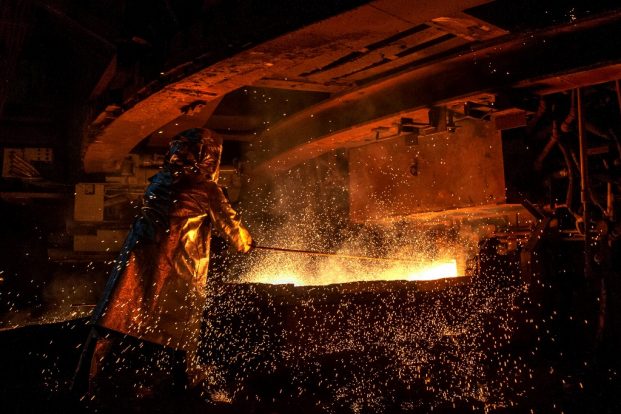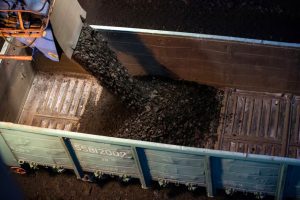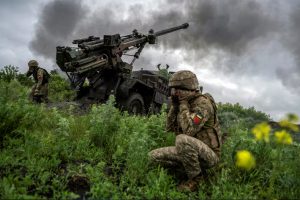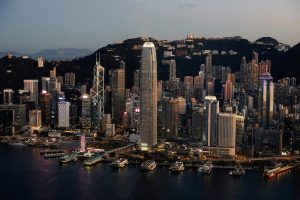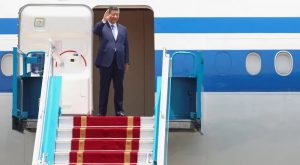China’s Tsingshan Holding Group bought large amounts of nickel to reduce its short bets on the metal and its exposure to costly margin calls, turbocharging a record rally fuelled by the conflict in Ukraine, three sources have claimed.
One of the world’s biggest nickel and stainless steel producers, Tsingshan started building a short position – a wager that prices will fall – in the nickel market last year.
Moscow’s invasion of Ukraine and the west’s moves to sanction Russia, a key major supplier, have electrified an already bullish nickel market. Prices doubled to a record $100,000-plus per tonne in a matter of hours on Tuesday, prompting the London Metal Exchange (LME) to halt trading. It is up nearly 400% so far this year.
The price moves exacerbated the pressure on holders of big short positions, already facing calls to deposit extra funds with brokers, a practice known in financial markets as margin calls.
Read more: Nickel’s $100k Spike on Short Squeeze Prompts Trading Halt
Tsingshan, a privately-held company, and other ‘shorts’ faced larger margin calls on their short bets after the LME raised the amount of money companies had to deposit with it to cover their exposure to falling nickel prices, the sources said.
Tsingshan and the LME declined to comment.
One of the sources said Tsingshan’s bets on lower nickel prices had amounted to around 300,000 tonnes at an average price between $18,000 and $19,000 a tonne. Prices for the metal, used in stainless steel and electric vehicle batteries, were last in that range in December.
It is not clear how large Tsingshan’s short position currently is after it cut its exposure.
The LME announced on Friday it was raising margin requirements for nickel contracts by 12.5% to $2,250 a tonne. The extra charge kicked in at close of business on Tuesday.
Oil, Gas, Wheat Prices Soar
At $2,250 a tonne, the capital required on 300,000 tonnes of nickel would be $675 million, according to Reuters calculations.
Late on Monday, the LME also allowed traders to defer delivery obligations on all its main contracts – including nickel – an unusual step that underscores the pressure on commodities generally from the moves to isolate Russia economically.
Prices of oil, gas, wheat and a range of metals, including aluminium and palladium, have soared since the invasion, ramping up costs for companies and consumers and threatening the nascent recovery from the coronavirus pandemic.
If nickel prices stay lofty it could complicate the energy transition with electric vehicle batteries costing more to produce.
- Reuters with additional editing by Sean O’Meara
Also on AF:




